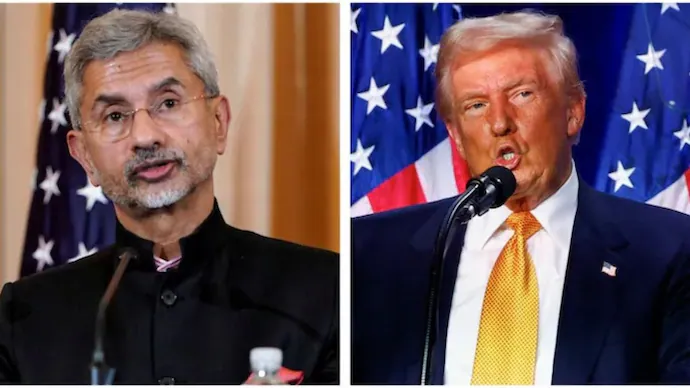The World Bank has said that various economic shocks have resulted in nearly four million Pakistanis getting pushed into poverty this fiscal year. The World Bank has also reportedly called on Pakistan to immediately arrange for new foreign loans to avoid a “public debt crisis.”
The World Bank in its flagship report ‘Pakistan Development Update’ warned Pakistan regarding serious dangers to its economic and debt viability while predicting almost flat economic growth, with an average inflation rate of 29.5 per cent for the current fiscal year, as per the news report.
The World Bank has projected only 0.4% economic growth for Pakistan in the current fiscal year and 2% for the next fiscal year. It has also warned about the high level of inflation in Pakistan, with an average inflation rate of 29.5% projected for the current fiscal year and 18.5% for the next year. These projections indicate that the annual inflation rate in Pakistan will remain high.
The World Bank has said that “poverty is projected to increase to 37.2 per cent in FY23, pushing an additional 3.9 million people into poverty as compared to last fiscal year” in Pakistan in the absence of public transfers that cover losses or mitigate the effect of higher prices.
As per the news report, the depth and severity of poverty have also witnessed a rise, showcasing the overlapping effects of multiple shocks and households do not have savings to mitigate short-term effects.
According to the World Bank, implementing macroeconomic and structural reforms agreed upon under the International Monetary Fund (IMF) programme and securing the much-needed external refinancing is important for restoring macro-stability, and confidence and avoiding a “public debt crisis.”
The World Bank’s statement reflects growing discomfort among international creditors due to Pakistan’s dilly-dally approach with the IMF, as per the report. According to the report, Pakistan’s external financing needs are projected to be on average USD 28.9 billion per year or 8 per cent of GDP during FY23-FY25, including IMF repayments, maturing Eurobonds, and repayments against Chinese commercial loans. However, the reserve position of Pakistan is projected to improve gradually.
Najy Benhassine, the Country Director of the World Bank, acknowledged the difficult economic situation in Pakistan and the importance of the IMF program as a means of staying on course for reforms. He also mentioned that it was not an easy time to write the Pakistan Development Update report, perhaps indicating the severity of the economic challenges facing the country.
the World Bank has criticized the Pakistani government’s decision to impose import restrictions, which it says has resulted in a significant erosion of trust. The report also mentions that these measures have weakened consumer and investor confidence.
It further said that the activity of the private sector has been affected by import and dollar outflow controls, higher borrowing and fuel costs, and continued policy uncertainty resulting in sharply slowing growth, as per the report.
The World Bank suggested that the Pakistan government needs to sustain IMF programme reforms and continue following sound macroeconomic management to maintain stability and set the foundations for medium-term recovery. It further said that there is a need to remove all import and dollar outflow restrictions to restore investors’ confidence.









